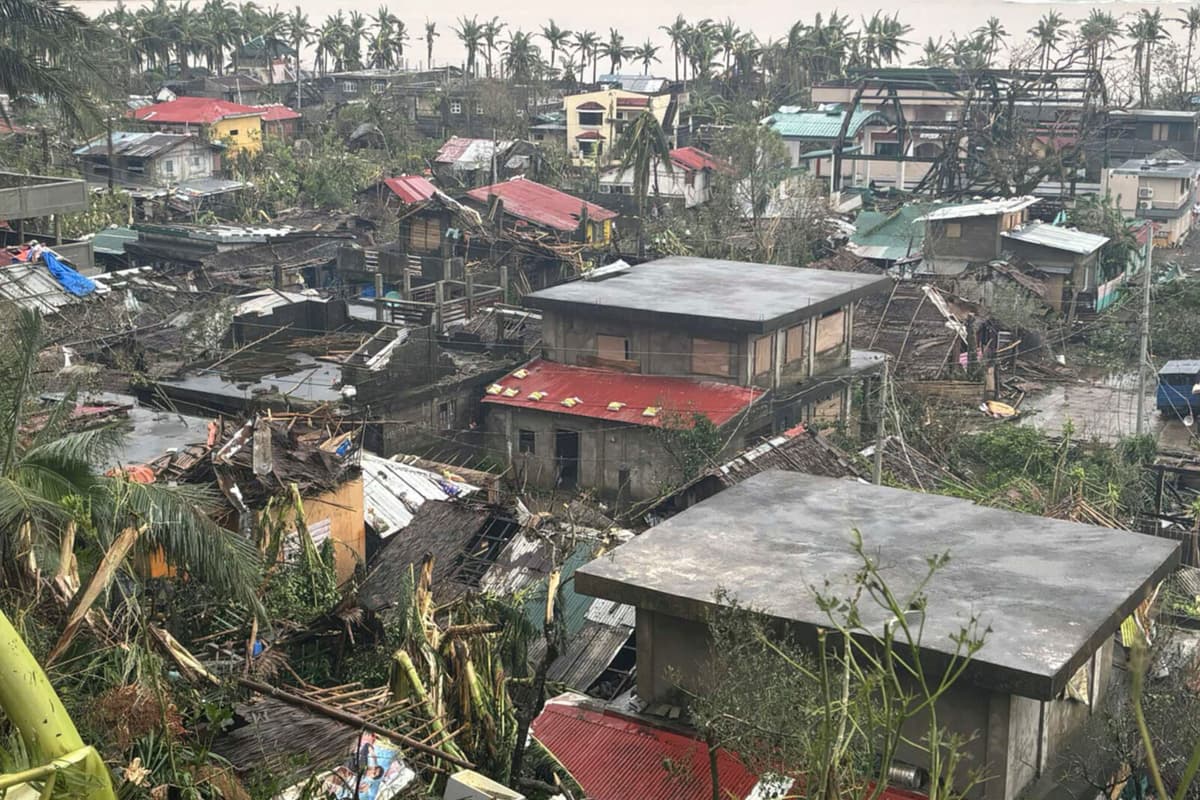In January this year, large quantities of dead fish were washed up on a nine-kilometer long beach strip in northwestern Australia. Probably, the estimated 30,000 fish died due to a marine heat wave.
The temperatures were two to three degrees higher than normal in the water near the coast, which was enough to stress the wildlife in the area to the mild degree that it caused mass death.
The heat waves – which are defined as prolonged periods of extreme heat – affected a large area in the Indian Ocean and the southwestern Pacific Ocean last year, according to the UN agency WMO in a fresh report.
The approximately 40 million square kilometers large area that was exposed is almost as large as Asia, and is the largest since the measurements started in 1993. In addition to fish death, the heat waves are linked to coral bleaching.
Warmer oceans lead to several problems, including rising sea levels because warm water swells and drives the melting of ice in the polar regions. According to the report, it can also lead to changes in currents, as well as the paths that bad weather takes.
High heat content in the oceans also means that more cyclones can occur, and that they become more powerful. The Philippines were hit by twelve typhoons during September–November, twice as many as during a normal season.
”The rise in sea levels is an existential threat to entire island nations. It is becoming increasingly clear that the time to reverse the trend is quickly running out”, says WMO chief Celeste Saulo in a statement.
Corrected: In an earlier version, an error occurred. Correct is that the area in question is 40 million square kilometers and nothing else.






